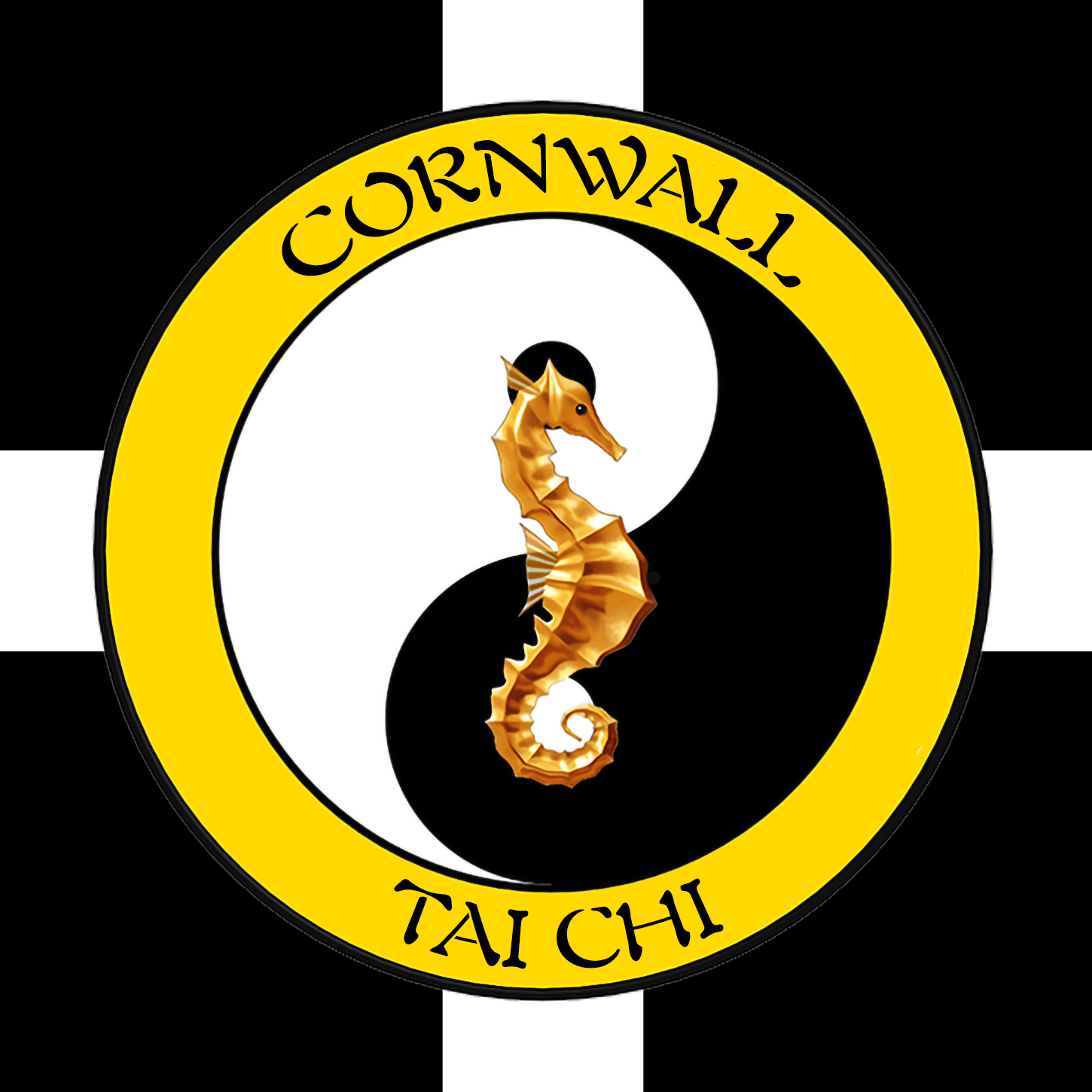
Tai Chi and Memory: The Ancient Art of Enhancing Cognitive Function
A new study finds that Tai Chi has a proven effect on cognitive decline. In our fast-paced world, maintaining a sharp and vibrant memory is a top priority for many. As we age, our cognitive abilities often experience a natural decline, leading to memory issues and other cognitive challenges. Tai Chi, an ancient Chinese martial art, offers a unique approach to enhancing memory and cognitive function. In this blog post, we will delve into the fascinating connection between Tai Chi and memory, exploring its roots in Chinese medicine and the flow of qi, as well as the concept of jing and its links to memory. We will also discuss a recent study that supports the benefits of Tai Chi for memory enhancement.
Tai Chi and Chinese Medicine
Tai Chi is deeply rooted in Chinese medicine, a holistic system of healthcare that dates back thousands of years. Central to the philosophy of Chinese medicine is the concept of qi, or life force. Qi is believed to flow through the body along energy pathways called meridians, and any disruption in this flow can lead to physical and mental imbalances.
Tai Chi, often described as “meditation in motion,” is designed to enhance the flow of qi throughout the body. The slow, graceful movements of Tai Chi help to unblock any energy stagnation, allowing for a smoother and more harmonious flow of qi. This, in turn, is believed to support overall health, including cognitive function and memory.
Qi and Memory
Chinese medicine suggests that a balanced and abundant flow of qi contributes to optimal cognitive function. When the flow of qi is smooth and unrestricted, it nourishes the brain and improves its functioning. This nourishment is vital for memory retention and recall.
A study conducted by the University of Maryland Medical School, published in the Annals of Internal Medicine, examined the effects of Tai Chi on cognitive function and memory in adults. The study involved participants who practiced Tai Chi regularly over a period of 6 months. The results demonstrated significant improvements in memory and cognitive performance among the Tai Chi practitioners compared to the control group.
Jing and the Water Element
In addition to the concept of qi, Chinese medicine also places great importance on the notion of “jing,” which is often associated with the water element. Jing is considered the essence of life and is closely linked to memory and cognitive functions. In Chinese medicine, the kidneys are believed to be the storage reservoirs of jing, and their health is paramount for memory preservation.
The slow, flowing movements of Tai Chi are said to support the kidneys and maintain the balance of jing, ultimately contributing to improved memory and cognitive function. Just as water nourishes the earth, Tai Chi nourishes the kidneys, ensuring they continue to store and release jing effectively.
The Study
The study conducted by the University of Maryland Medical School supported the Chinese medicine principles of jing and the water element. The findings revealed that Tai Chi not only enhanced memory but also showed a positive impact on kidney function, indirectly linking it to the preservation of jing.
Conclusion
Tai Chi, deeply rooted in Chinese medicine, is a holistic practice that enhances the flow of qi and supports the balance of jing, the essence of life. This ancient art form has been shown to have a positive impact on memory and cognitive function, as demonstrated in the University of Maryland Medical School study. If you’re looking to sharpen your memory, improve cognitive function, and embrace a healthier lifestyle, Tai Chi may be the perfect solution. Join our Tai Chi society and experience the benefits for yourself. By engaging in this beautiful practice, you’ll not only connect with the wisdom of Chinese medicine but also nurture your body, mind, and memory for years to come.

